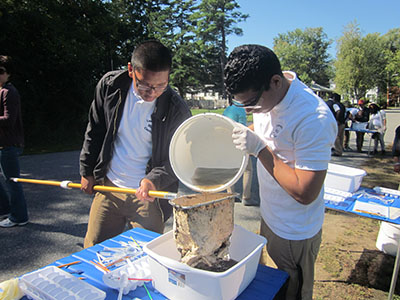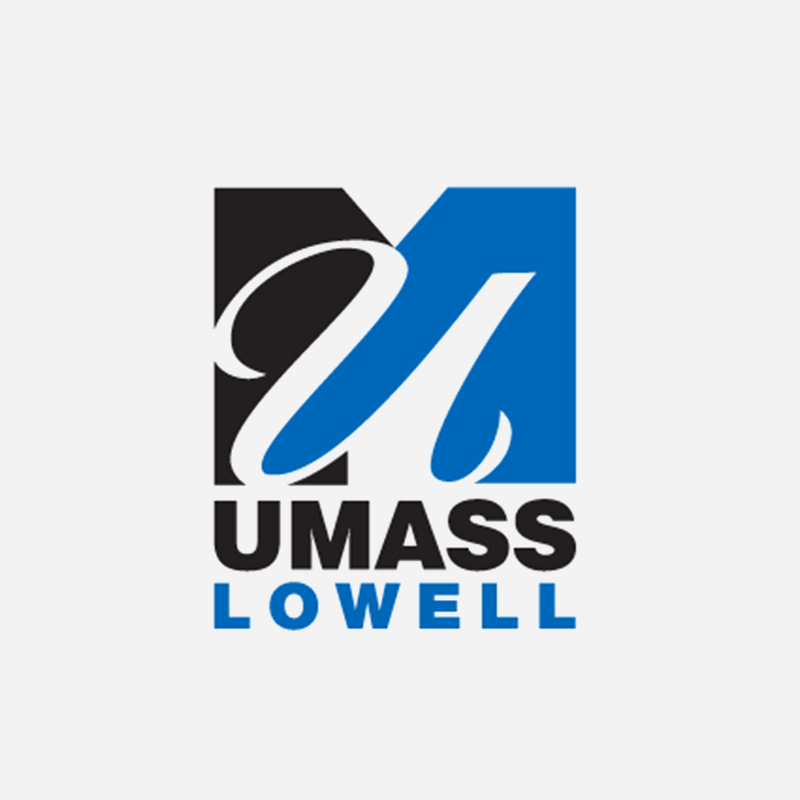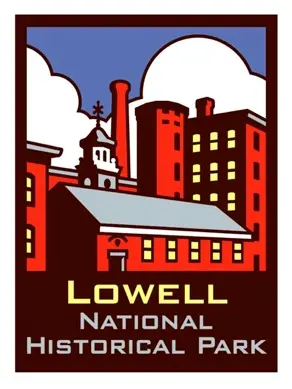
Grades 6-12
Description:
A watershed's flora and fauna are great indicators of healthy ecosystems. The Merrimack River's urban watershed is recovering from its industrial past, but how healthy is it? Students become eco-detectives and:
- Gather and analyze water quality data required to calculate the Water Quality Index.
- Catch and identify macroinvertebrates, an indicator species for water quality.
- Compare data from linked, but ecologically diverse, sites in the Merrimack River Watershed.
- Discuss how human actions can affect the environment either positively or negatively.
Available April - June. (Please call us for specific dates.)
Resources: After you reserve this program, you may request the Curriculum Guides for Bridging the Watershed. Email William Morton with your curriculum guide request. Please include your school name and dates of your reserved program in the email. All of our programs have been reviewed to ensure their relevance to state and national standards.
Program details:
- Guided School Program Fees are $225 per group.
- Class size: Up to 30 students. Minimum 2 adults per class with a ratio of 1 adult for every 10 students (no additional charge for teachers and chaperones).
- Programs can be reserved by calling us at 978-970-5080 to make a reservation for your class.
- Programs include:
- A full day of age-appropriate, hands-on workshops and tours of historic National Park sites led by professional educators.
- Activities based on state and national curriculum frameworks.
- Use of our brown-bag lunchroom facility.
- Free online historical information and pre-visit and post-visit activities.


